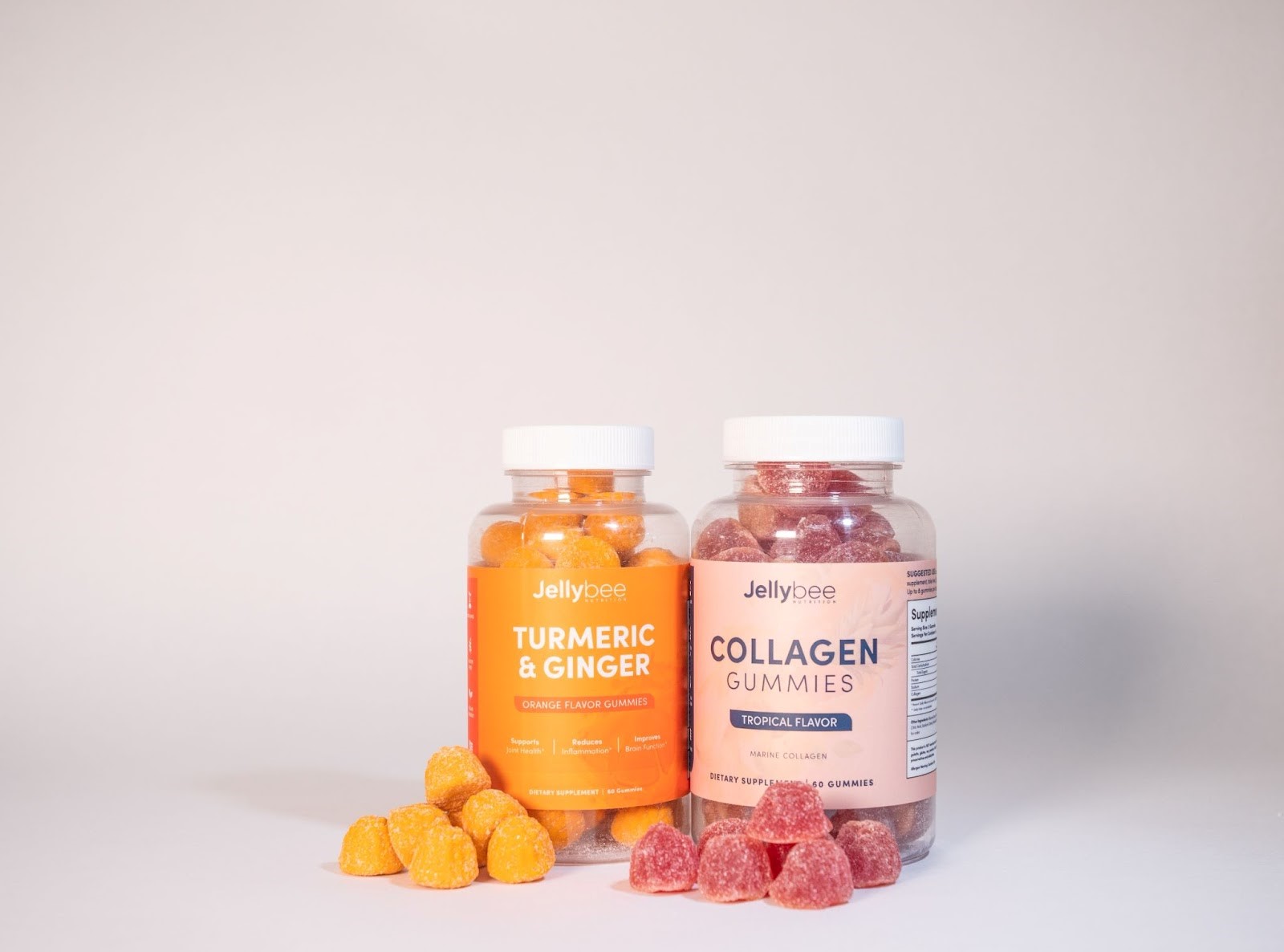
By April 6, 2022
Just like many Americans, you probably have one or more supplements or vitamins in your kitchen cupboard right now. People are becoming increasingly conscious about their health. Beyond that, they’re looking for healthcare solutions they perceive to be natural through supplements and vitamins.
But when it comes to health, misinformation is everywhere. Every day, we’re bombarded with information about eating healthy and supplementation with vitamins and health care products. Some are true, but many are just fads.
Fortunately, we’re here to help you separate facts from fiction. Read on as we set the record straight on vitamins and supplements so you can see through the fads and understand what you truly need.
Sadly, just because the label reads ‘natural’ doesn’t mean it’s safe. It doesn’t mean it’s effective either. Truly, nature has given us some very awesome products to boost our health, such as turmeric, almonds, omega-3-fatty acids, honey, and many more with beneficial medicinal effects.
But the belief that ‘natural’ is pure and holds superior medicinal properties is not always true. We’re not saying that supplements are not beneficial for your health. They have medicinal properties, but they’re not ‘magic bullets’ for good health. There’s still more to them than we think.
A lot of people believe they can get all the nutrients they need from diet alone. The truth is that there are certain vitamins and mineral supplements that may be missing in diets. For instance, someone who follows a strict vegan diet may not have a sufficient amount of vitamin B12 in their system since it’s mostly obtained from animal sources.
Similarly, heart-friendly supplements like CoQ10 are difficult to obtain from diet alone. Although certain plant sources like broccoli contain some amount of CoQ10, how much broccoli do you think you’d have to take to meet the standard daily dietary value? 77 cups! Can you do that??
This is far from the truth. It is possible to develop health problems if you take large doses of these vitamins. Vitamin A, for instance, is essential for normal vision, but too much of it can lead to dizziness, liver dysfunction, and even joint issues.
Similarly, Vitamin B6 is essential for the metabolism of proteins and the nervous system’s function. About 1.3mg per day is optimal for use in an average adult. But when consumed in high doses, it could lead to nerve damage and abnormal light sensitivity.
The best way to use vitamins is to take them according to the instructions stated on the label.
Supplements are also capable of drug-drug interactions. This is especially true for herbal supplements. Herbal supplements usually interact with medications and could reduce their potency and effectiveness.
In fact, taking certain herbal supplements with normal medications could result in unwanted and unpredictable side effects. For instance, imagine what could result from taking a supplement rich in Vitamin K, a natural blood thinner, when you are a patient already taking a blood thinner, such as Warfarin or Eliquis.
It is important to always consult with your pharmacist on your current medications and the supplements you’re taking to avoid unnecessary interactions.
It is true that Vitamin C as a dietary supplement boosts the immune system. But if you’re popping large doses of VItamin C to stave off cold, then you’re getting it wrong. The body is only capable of absorbing about 70 to 80% of Vitamin C, and the absorption drops down to about 50% if you take more doses.
Hence, the fact that nutritional supplements containing vitamin C help strengthen your immune system is true health information. That doesn’t mean you won’t avoid any colds, but the symptoms may be milder, and the duration may also be slightly reduced. That’s your boosted immune system working.
You’ve probably heard that consuming more antioxidants may help you live longer. Oxidation is a cellular reaction that occurs in various cells in the body. The by-products of which are free radicals which can damage cellular components.
Hence, it sounds plausible that taking more antioxidants can reverse the process and consequently extend life. But it’s far more complex than that. Antioxidant supplements reduce cellular oxidation, so they can reduce the risk of certain diseases, but they do not extend life. This is a myth about supplements.
This is one of the most common vitamin myths. Just because you do not need a prescription to purchase them does not mean they’re safe to consume if you consume loads of them. Large doses of vitamins can pose risks to your health as well.
Understandably, people want to be free from diseases and want to stay healthy all life-long. But we need to dispel common myths and provide you with information that will help you make informed decisions about your health. That’s part of our mission at Carolina Pharmacy. Feel free to contact us to get the best advice on vitamins and supplements in Charlotte, Lancaster, and Rock Hill.